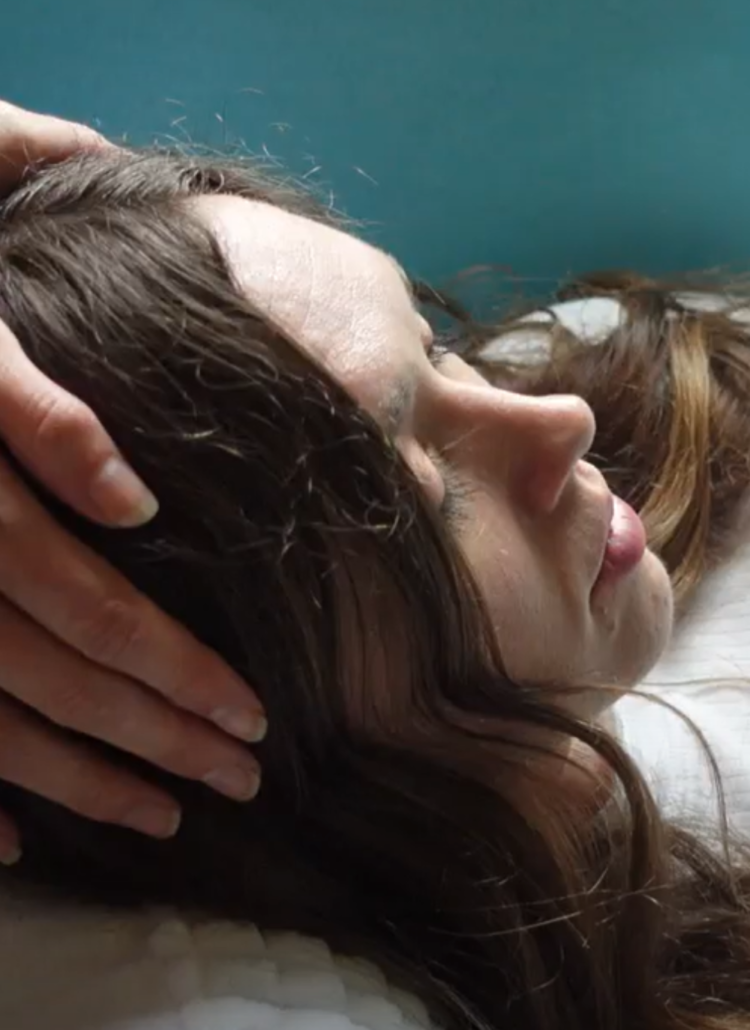What is Reiki?
Reiki is a Japanese energy healing technique that promotes relaxation, reduces stress, and helps balance the body’s energy. The word “Reiki” comes from two Japanese words:
- “Rei” meaning “universal” or “spiritual.”
- “Ki” meaning “life force energy” or “vital energy.”
Reiki practitioners channel this universal life force energy into the recipient’s body to promote healing on a physical, emotional, and spiritual level. I personally call upon organic divine creator and Jesus when healing to help assist me.
How Does Reiki Work?
Reiki operates on the principle that the body has an energy field, often referred to as the aura, which surrounds and influences health and well-being. When this energy is blocked or out of balance, it can lead to illness or emotional discomfort. Reiki helps remove blockages, balance energy, and support the body’s natural healing processes.
A Reiki practitioner uses their hands to direct energy into the recipient’s body, either by lightly touching or hovering above the person’s body. The energy flows through the practitioner to the recipient, helping restore balance and health.
Key Benefits of Reiki:
- Stress Relief & Relaxation: Reiki can help lower stress, anxiety, and tension, leading to a deep state of relaxation.
- Emotional Healing: Reiki promotes emotional balance, helping to release emotional blockages and healing trauma.
- Pain Management: Many people experience pain relief through Reiki, as it helps restore the flow of energy to areas that are experiencing discomfort.
- Improved Sleep: Reiki can help calm the mind and body, promoting better sleep and overall well-being.
- Spiritual Growth & Clarity: Reiki helps to clear the mind, allowing for greater spiritual awareness, intuition, and clarity.
What Happens During a Reiki Session?
- Preparation: The recipient is typically asked to lie down fully clothed on a massage table, with their arms and legs relaxed.
- Energy Transfer: The practitioner places their hands lightly on or above the body in specific positions. They will move through various hand positions to allow energy to flow into the recipient’s body.
- Sensation: During the session, the recipient may feel warmth, tingling, or a sense of calm. Some people experience emotions coming to the surface as their energy blocks are released.
- Completion: After the session, the recipient is encouraged to drink water and take some time to rest.
Can Anyone Practice Reiki?
Yes! Reiki is available to everyone, regardless of age, background, or previous healing experience. Anyone can learn Reiki through certification courses, which are typically divided into levels or “degrees.” For those wondering about my credentials, I am a Grand Master in both Usui and Kundalini Reiki Lineages.
- Reiki I: Focuses on self-healing and healing others through hands-on techniques.
- Reiki II (Advanced Practitioner): Involves learning symbols and mantras to enhance the energy channeling, allowing practitioners to send energy across distances.
- Reiki III (Master): The final level where practitioners learn how to teach and attune others to Reiki.
- Reiki IV (Grand Master): The advanced level where practitioners learn how advanced technique for deeper healing.
How to Get Started with Reiki:
- Find a Reiki Practitioner: If you’re interested in experiencing Reiki, you can book a session with a certified Reiki practitioner.
- Take a Reiki Course: To become a Reiki practitioner yourself, you can sign up for a Reiki course, which will teach you the necessary techniques and energy work.
- Practice Self-Reiki: Even without formal training, you can practice self-healing by gently placing your hands on areas of your body where you feel tension, pain, or discomfort.
Tips for New Reiki Students:
- Stay Open: Be open to the experience, even if it feels different from what you expected.
- Trust Your Intuition: Reiki encourages you to trust your inner guidance, both as a recipient and as a practitioner.
- Practice Regularly: Whether on yourself or others, regular practice enhances your Reiki skills and helps improve your energy flow.
- Stay Hydrated: Drink plenty of water after a Reiki session to help flush out any toxins that may have been released during the healing.
Final Thoughts:
Reiki is a beautiful and gentle healing practice that supports physical, emotional, and spiritual well-being. It’s an accessible form of healing that can benefit anyone, whether you are looking to relieve stress, address physical ailments, or deepen your spiritual connection. By learning and practicing Reiki, you can gain tools for healing yourself and others, bringing balance and harmony into your life.
If you’re interested in starting your Reiki journey, consider signing up for a my free Reiki Pre-Training here!
Namaste,
Allie xx




